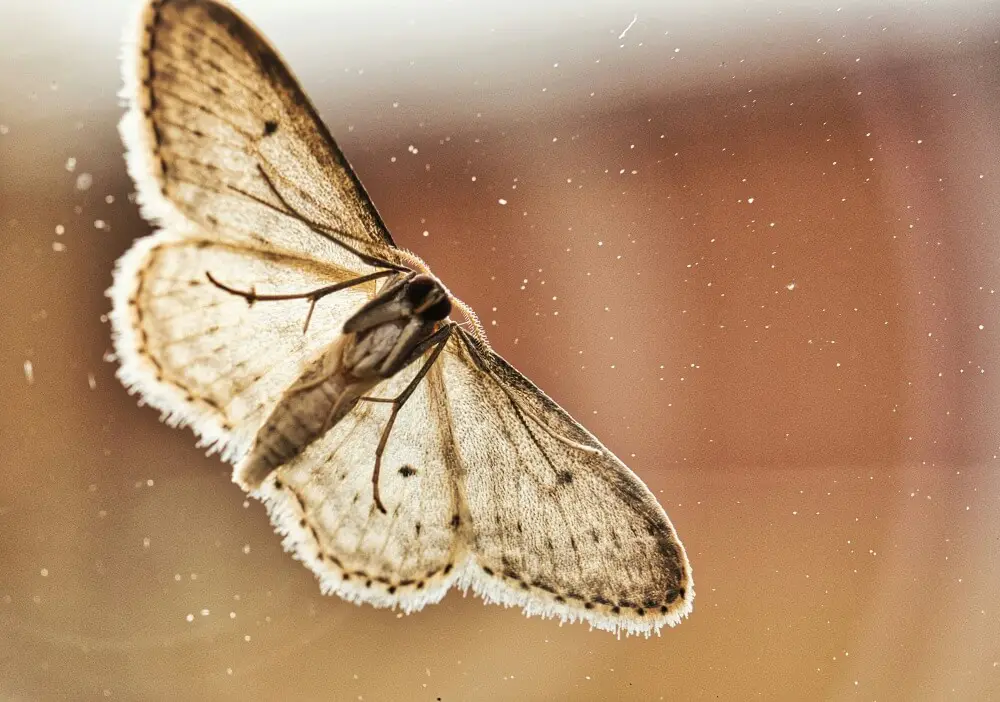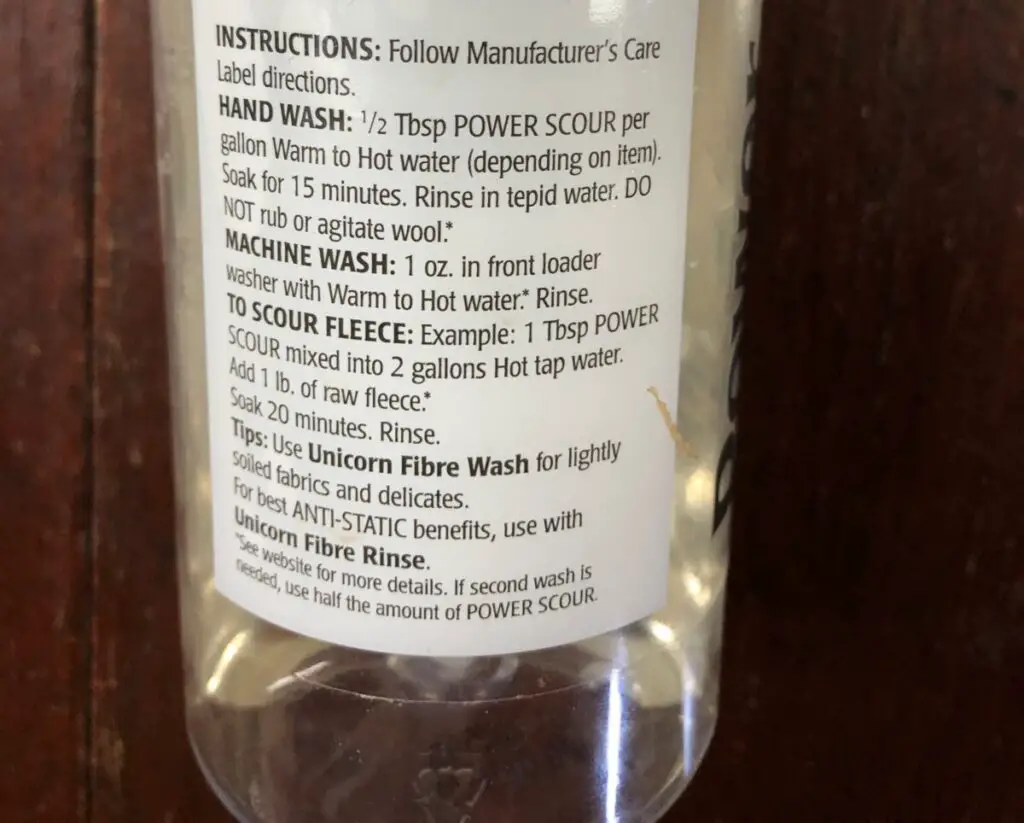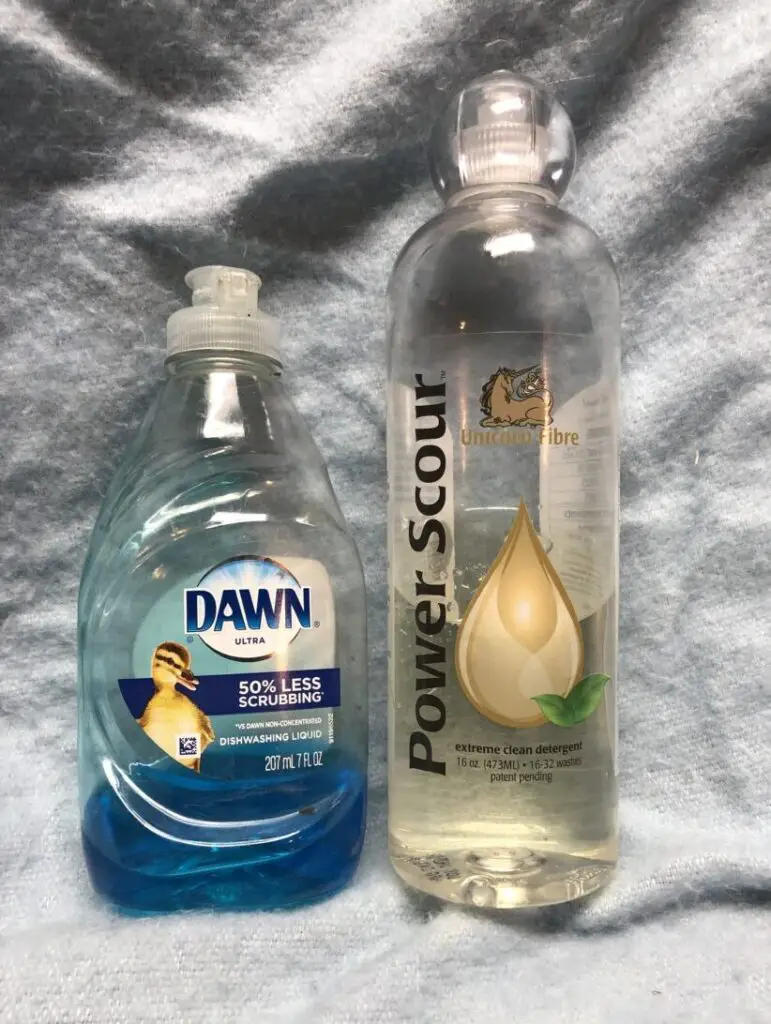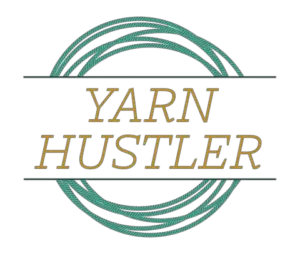One of the biggest reasons people avoid wool products is because they believe wool is difficult to clean. In this article, we’ll talk about four frequently asked questions about wool washes.
Wool wash does not kill fleas, but the hot water you wash your wool in does. Wool washes do not contain enzymes and if they do, they are specially formulated to be gentle on wool. Wool washes can expire if they contain lanolin but they still last a long time. Lastly, some wool washes need to be rinsed but other ‘no rinse’ wool washes do not.
In this article we’ll dive into the science behind wool wash, why they don’t have enzymes, if wool wash kills fleas, if wool washes expire, and if wool washes need to be rinsed. We have a lot to cover so let’s jump into the world of wool wash.
Disclaimer: This post contains affiliate links. This means I may earn a commission should you choose to make a purchase using my link
Table of Contents
- What is Wool Wash?
- Does Wool Wash Kill Fleas or Moths?
- Does Wool Wash Have Enzymes?
- Does Wool Wash Need to be Rinsed?
- Does Wool Wash Expire?
- How to Choose the Right Wool Wash
- Wrap up
What is Wool Wash?
In the most basic terms, a wool wash is just soap. But it’s a fancy soap made especially with wool in mind.
Wool washes are specially formulated to be gentle on wool while also cleaning them of dirt and conditioning the wool to last longer.
Some wool washes contain lanolin which helps condition and waterproof the wool.
Most wool washes can also be used on other animal fibers such as cashmere, mohair, camel, alpaca, etc…
If you use regular soaps or detergents on your wool, it can cause damage to the wool or fiber or make it brittle. Not something you want to do to your cozy wool sweater.
Here’s a great video that breaks down why you need to use a wool wash as well as why wool felts in the washing machine. I love science!
Does Wool Wash Kill Fleas or Moths?

Another thing people like to know about wool wash is if it can kill fleas or moths. These pests can wreak havoc on wool clothing and wool yarn stashes.
Unfortunately, wool wash itself doesn’t kill fleas or moths. When washing wool, it’s actually the hot water that kills the insects.
Fleas can live at temperatures between 45-95 degrees F. Fleas will be killed if they’re exposed to temperatures at or above 95 degrees Fahrenheit (35 degrees C). If you wash your wool in hot water it will kill both adult fleas and flea eggs.
Fleas will also be killed if you freeze your infested wool garments.
Moths are very much the same as fleas. Moths will be killed in extremely hot water. If you wash your wool in hot water it will kill adult and larval moths.
The only problem with this is, it’s difficult to get all the moths. Some might escape while you’re trying to wash the wool.
Where moths and fleas differ, however, is that moths may not be killed by just freezing the wool. Moths need to have a rapid change of temperature in order to die.
What I recommend for moths is to seal everything up into a garbage bag and let it sit in the sun. Once the wool is warm, put it right into the freezer.
Let it freeze for a few days to ensure it’s cold all the way through. Then, take it out and let it warm up again. Then, once it’s warm, throw it back in the freezer for a few days.
This warming up will make the moths think that it’s time for summer and they’ll become more active. Then, when you put them back in the freezer, they won’t be prepared and the cold snap will kill them.
Moths are also the most attracted to raw, dirty wool and dirty, stinky wool clothing. So, keep your woolens clean, or store your raw wool in airtight containers to help prevent a moth infestation.
If you want some more information about wool moths and how to deal with them, here’s a good resource.
Now that we’ve talked about how to kill fleas and moths, let’s get back to wool washes.
While wool washes may not kill fleas or moths directly, a lot of wool washes have essential oils in them that are naturally pest-repellent. If you’re worried about getting pests in your wool I recommend getting a wool wash that has Eucalyptus or Lavender oils in them.
Another natural pest repellent is cedarwood. Cedar oil is a natural pest killer and pest repellent. That’s why people used to store their clothes in cedar chests, it would prevent moths from eating holes in their good woolens.
Alright, enough random history facts, let’s move on to the next section!
Does Wool Wash Have Enzymes?
Wool wash does not typically have enzymes. If they do contain any enzymes, they are specially formulated to ensure that they don’t damage the wool.
Normal laundry detergents usually contain enzymes that break down fats and proteins that are found in stains and grime.
But, wool is a protein fiber. This means, if the enzymes are created to break down the proteins in stains, they can also damage the proteins in the wool.
Now, this doesn’t mean your wool sweater is going to dissolve if you wash it in a normal laundry detergent. But, it will decrease the lifespan of the wool.
This is where wool wash differs. Wool wash either doesn’t have these enzymes or the enzymes it does have are created to ensure they don’t attack the protein fibers of the wool.
Does Wool Wash Need to be Rinsed?

This is kind of a trick question. Some wool washes need to be rinsed, some do not.
A wool wash will typically tell you if it needs to be rinsed or not. On the container, it will give you some basic instructions, these instructions will say rinse if you need to rinse.
For example, my bottle of wool wash says to rinse after every instruction. The soap I have is for cleaning raw fleece, so it would make sense that you want to rinse it out.
If a wool wash doesn’t tell you to rinse, then it doesn’t need to be rinsed.
There are also many wool washes that are made specifically so that you don’t need to rinse them. If you type in ‘no rinse wool wash’ into your preferred search engine, you will find several options that don’t require a rinse.
Does Wool Wash Expire?
If you want to get some wool wash, but you don’t think you’ll use it a lot, you’ll probably want to know if wool wash expires.
As far as I can tell, wool wash doesn’t expire. It is just soap after all. I looked all over my bottle of wool wash (I have Unicorn Power Scour) and couldn’t find an expiration date anywhere.
However, if your wool wash has lanolin in it then you may want to check and make sure it’s not too old. Most wool washes will have a manufacture date on them.
Lanolin can last quite a while without going bad. But, if it’s mixed with other things it can decrease the lifespan. If your wool wash is discolored, I would recommend throwing it out and not risking it.
If you notice that there are some white or yellow lumps in your wool wash, this might just be the lanolin separating or solidifying because it got cold.
Try warming it up a little bit and then shake it to mix them back together. If they mix back together then you’re good to go. If it stays lumpy, I say better be safe than sorry and throw it out.
How to Choose the Right Wool Wash

Not all wool washes are created equally, so how do you choose the right one?
The first thing you need to know is what you’re going to be using your wool wash for.
Are you going to be washing some wool sweaters or wool clothing and want to help them stay in good condition? Maybe you’re processing raw fleece for a spinning or felting project?
If you’re just wanting a soap that will be gentle on wool to help keep wool products clean and in good condition, then a regular wool wash will be just fine for you.
Here is a great regular wool wash option that you can get on Amazon and on the Woolery (affiliate links there).
Another thing to keep in mind is if you want certain essential oils or lanolin in your wool wash. Essential oils, such as eucalyptus and lavender, have natural pest-deterrent qualities.
You can also use an unscented wool wash and add an essential oil blend to it.
Wool washes with lanolin will help condition and waterproof your wool. Keep these things in mind when picking out a wool wash.
I’ll be completely honest though, a lot of people just use Dawn dish soap for this. If you’re just getting started with processing wool, I recommend starting with Dawn before moving on to a more expensive option.
Remember, be careful when you’re washing your wool, wool yarn can shrink if washed incorrectly.
Wrap up
We’ve covered a lot of ground and a lot of information about wool washes.
First, we talked about how wool wash doesn’t kill fleas or moths. But, I gave you some other ways to deal with those annoying pests.
Then, we moved on to talking about how some wool washes need to be rinsed and others don’t. The container of the wool wash will tell you if you need to wash it or not.
We also talked about why wool washes don’t have enzymes and why you should use a wool wash instead of a normal detergent.
Last but not least, we covered how to know when you’re wool wash expires and what to do if the lanolin in your wool wash starts to separate.
As a little bonus, I gave you some ideas of what kind of wool wash you should get depending on what things you’d be using it for.
Hope you learned a lot, now go make something awesome!

